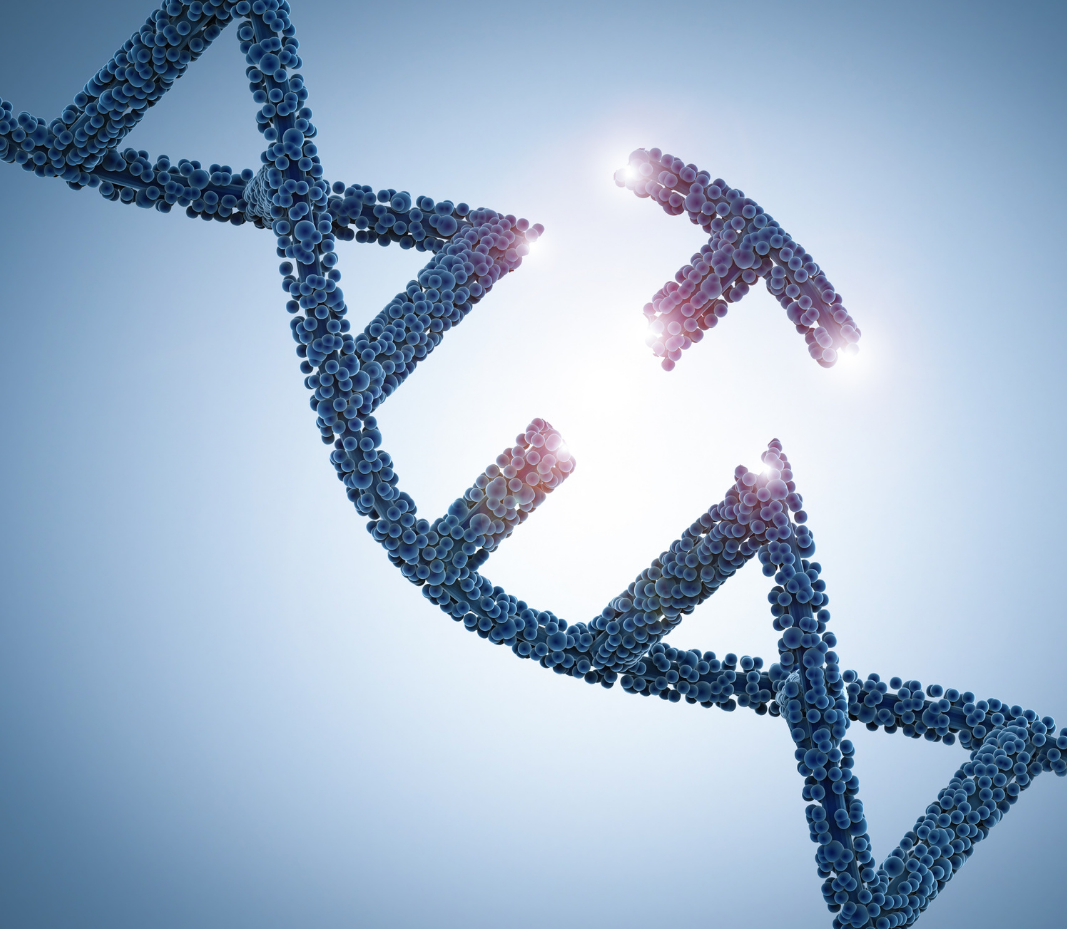Aggregated News

Around 2018–19, there was not a bigger science and ethical story than the debate over heritable human genome editing (HHGE) and the scandal over the “CRISPR babies.” The scientist, He Jiankui, who attempted to engineer the germline of human embryos, resulting in the birth of twin girls in late 2018, was later jailed by Chinese authorities.
Even as groups of leading scientists called for a temporary moratorium, several distinguished scientific organizations, including the World Health Organization and the National Academies of Sciences, issued detailed reports from blue-ribbon committees proposing guidelines for the future clinical practice and governance of HHGE. Then in 2020, the COVID-19 pandemic hit, and the topic largely disappeared from the headlines. (The health of the CRISPR babies, three in all, remains unknown.)
Five years later, there are signs that the lull is over. A recent article in the Economist is headlined: “How to enhance humans.” The “X” social media feed from He Jiankui is flooded with unrepentant pronouncements that suggest the disgraced scientist is back in the lab, itching to try his hand at...



